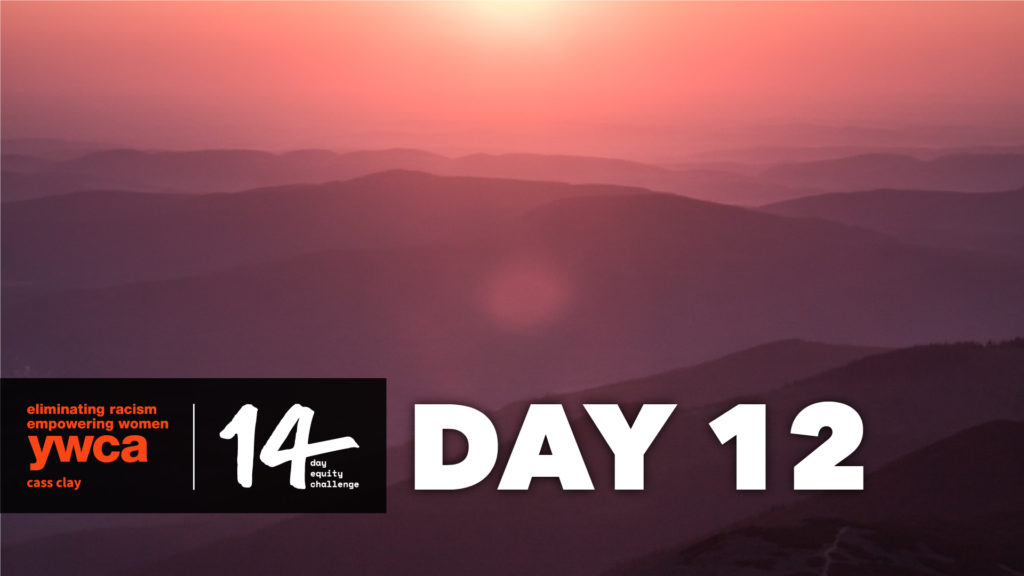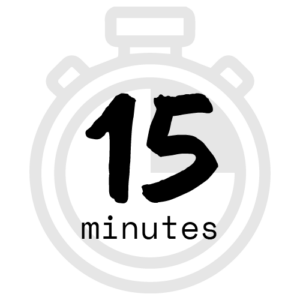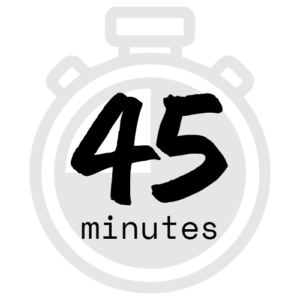
Thank you for taking this challenge! If this is your first day of joining us for the 14-Day Equity Challenge, welcome. If you are returning after previous engagement with the challenge, nice work! We are glad you are here.
This challenge is designed to push you out of your comfort zone, think critically about difficult topics, and grow in your understanding of the ways people and systems perpetuate (and have the power to eliminate) racism. We’re excited to invite you to this opportunity to dive deeper into racial equity and social justice.
View other challenges: Day 1 • Day 2 • Day 3 • Day 4 • Day 5 • Day 6 • Day 7 • Day 8 • Day 9 • Day 10 • Day 11 • Day 12 • Day 13 • Day 14
Day 12: What Are Reparations?
Yesterday, we learned about historical trauma, a kind of collective trauma that continues to affect members of a cultural, ethnic, or racial group across generations. Today, we’ll learn about how to compensate for injustices and traumas felt in the form of reparations.
What are reparations? Reparations are broadly understood to be a system of remedying or compensating for injustice or abuse. While most commonly thought to be a monetary payment, reparations can come in various forms fitting the injustice perpetrated, from returning land to giving scholarships or starting initiatives to help the demographic harmed. Some are surprised to learn the United States has issued reparations before, such as land given to Indigenous peoples and monetary compensation given to victims of Japanese internment. However, past reparations tend to be only partially effective in repairing harm done, and many groups have yet to receive any reparations at all.
So, how do we put a price on a history of suffering, the continuous systemic effects of this history, and generations of historical trauma? Today’s challenge will address this question and many others through a lens of social justice.
If you have…
Watch this video
that explores the history of reparations in the U.S.
Read this overview
of the national conversation around reparations
Listen to this podcast
that unpacks how reparations could look in 2021
Reflect
Once you have completed today’s challenge, we encourage you to take a moment to reflect.
- How did the challenge make you feel?
- What is something you learned?
- Did you notice anything about yourself after taking the challenge?
- Consider sharing this new awareness with a friend or group to help deepen your understanding of the information.
Share your thoughts on the challenge online using #YWCAEquityChallenge



